warning signs, leading to:
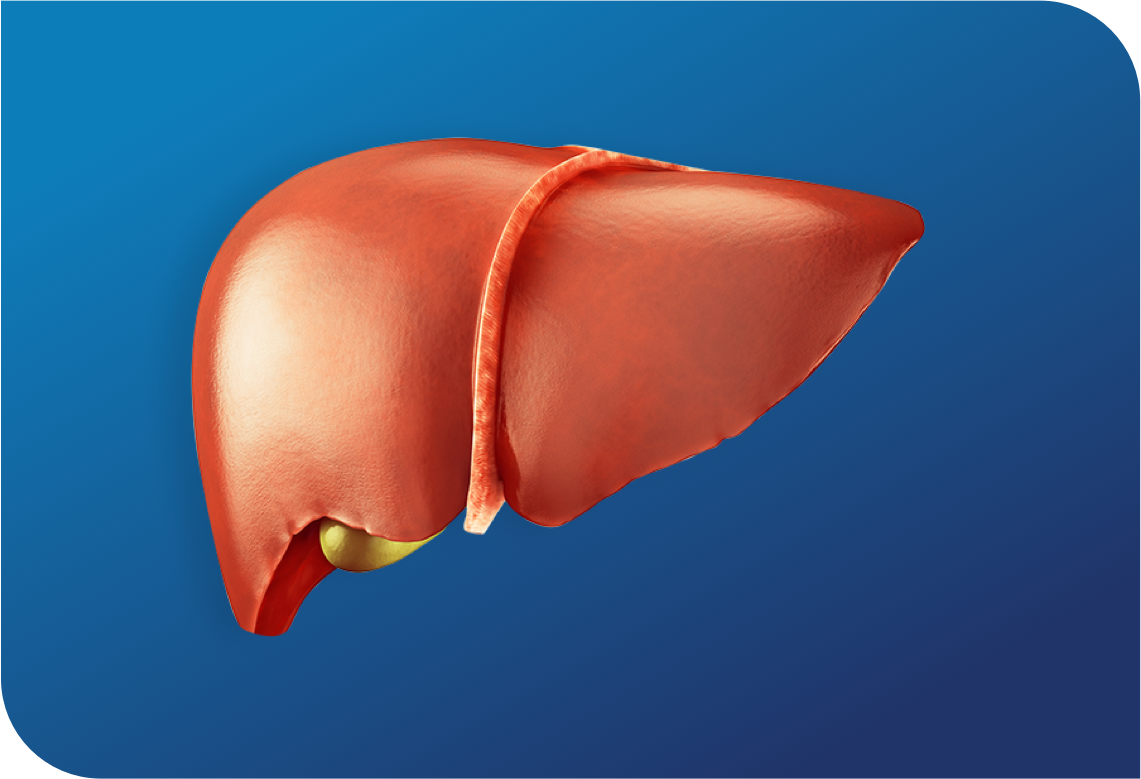
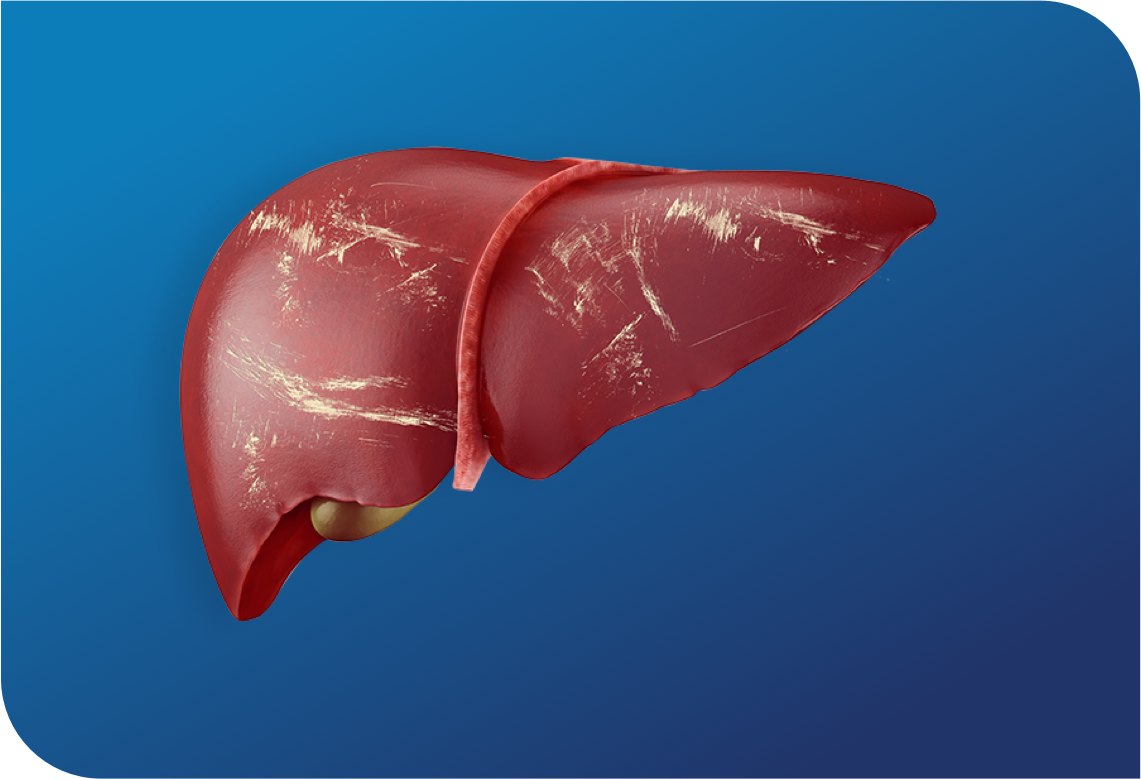
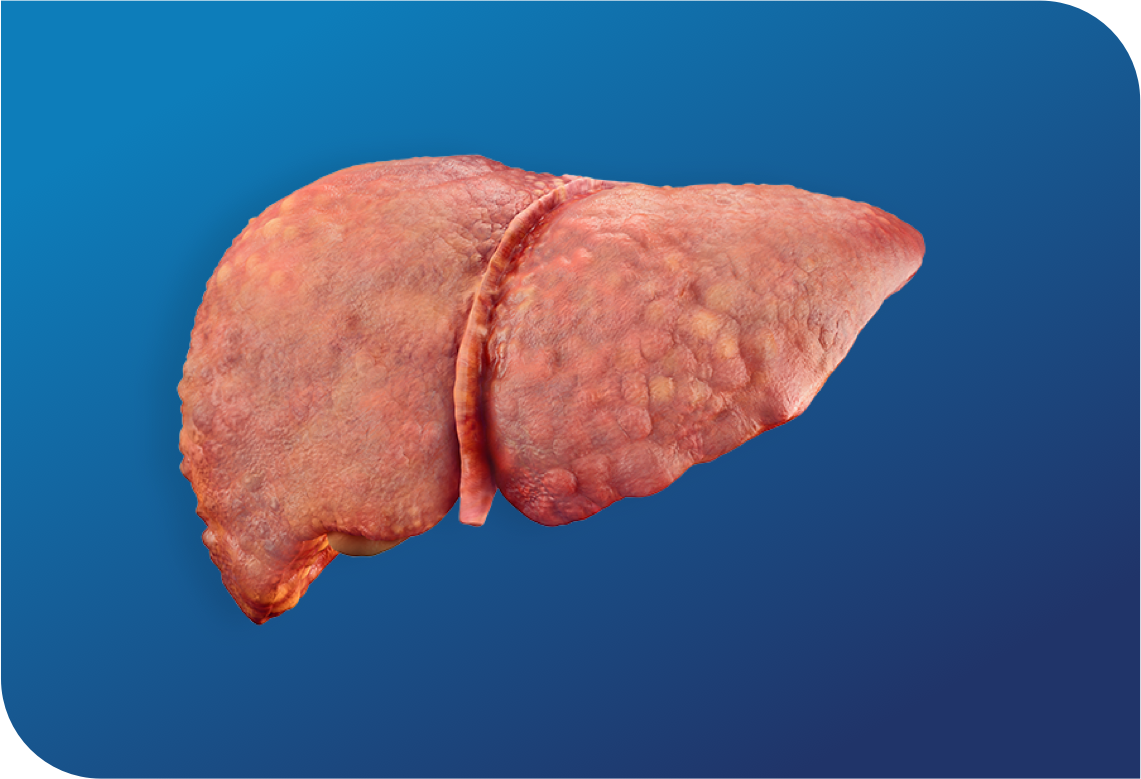
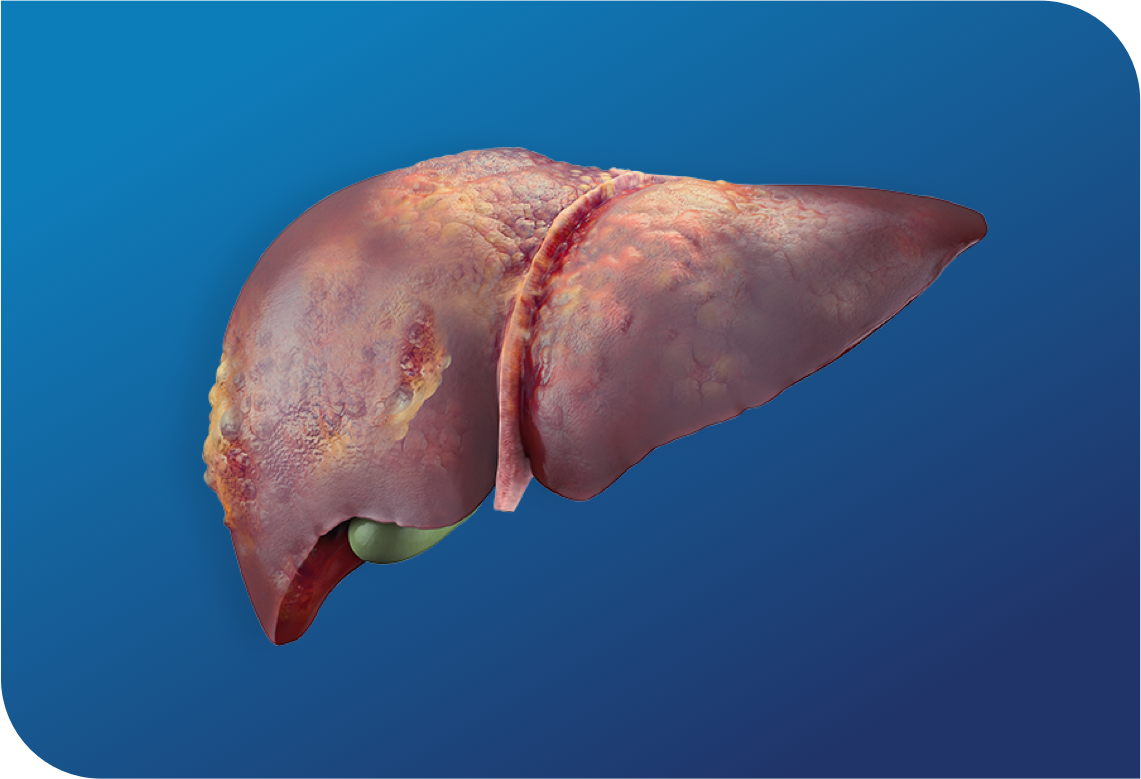


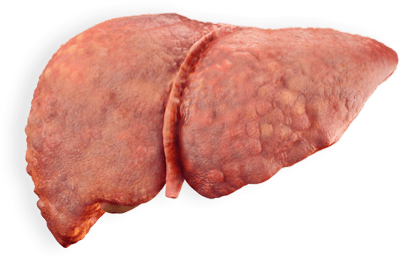

Why is it important to treat chronic hepatitis B?
Even if you don't feel symptoms, living with unaddressed chronic hepatitis B has health risks.
Chronic hepatitis B may lead to high levels of hepatitis B virus in the blood, also known as high viral load. Having a high viral load increases your risk of:

Hepatitis B is the leading cause of
liver cancer.*
*Source: Centers for Disease Control and Prevention, 2024.

1 in 4 people develop more serious liver problems, including cirrhosis and liver
cancer, if left untreated.

Chronic hepatitis B increases your
cancer risk as much as or more than
smoking a pack of cigarettes daily.


People with chronic hepatitis B are more likely to develop kidney and bone disease, diabetes, heart disease, and other health problems compared to people without chronic hepatitis B.


Even if you don’t have symptoms, you can still infect others with hepatitis B.
While hepatitis B can be found in saliva, you can’t get it from:
- Sneezes and coughs
- Kissing and hugging
- Sharing food, drink, or utensils
- Nursing a baby
- Touching surfaces like doorknobs
The hepatitis B virus is 50 to 100 times more infectious than HIV.†
†Source: World Health Organization, 2024.

Hepatitis B is the leading cause of
liver cancer.*
*Source: Centers for Disease Control and Prevention, 2024.

1 in 4 people develop more serious liver problems, including cirrhosis and liver
cancer, if left untreated.

Chronic hepatitis B increases your
cancer risk as much as or more than
smoking a pack of cigarettes daily.


People with chronic hepatitis B are more likely to develop kidney and bone disease, diabetes, heart disease, and other health problems compared to people without chronic hepatitis B.


Even if you don’t have symptoms, you can still infect others with hepatitis B.
While hepatitis B can be found in saliva, you can’t get it from:
- Sneezes and coughs
- Kissing and hugging
- Sharing food, drink, or utensils
- Nursing a baby
- Touching surfaces like doorknobs
The hepatitis B virus is 50 to 100 times more infectious than HIV.†
†Source: World Health Organization, 2024.

‡Source: Hepatitis B Foundation, 2025.
Are you among the 1 in 4 patients with chronic hepatitis B with
the highest risk for liver cancer?
- People who have a family history of liver cancer
- People who have metabolic dysfunction-associated steatotic liver disease (including MASH) or diabetes
- People who drink alcohol, smoke tobacco, or are overweight/obese
- People who have an inherited metabolic disease (such as hemochromatosis or Wilson's disease)
- People who have cirrhosis (liver scarring)
- People who are exposed to environmental toxins that could damage the liver (such as aflatoxins, industrial chemicals, and arsenic)
- People who also have hepatitis C, hepatitis delta, or HIV
- Asian women over age 50
- Asian men over age 40
- African men over age 20


